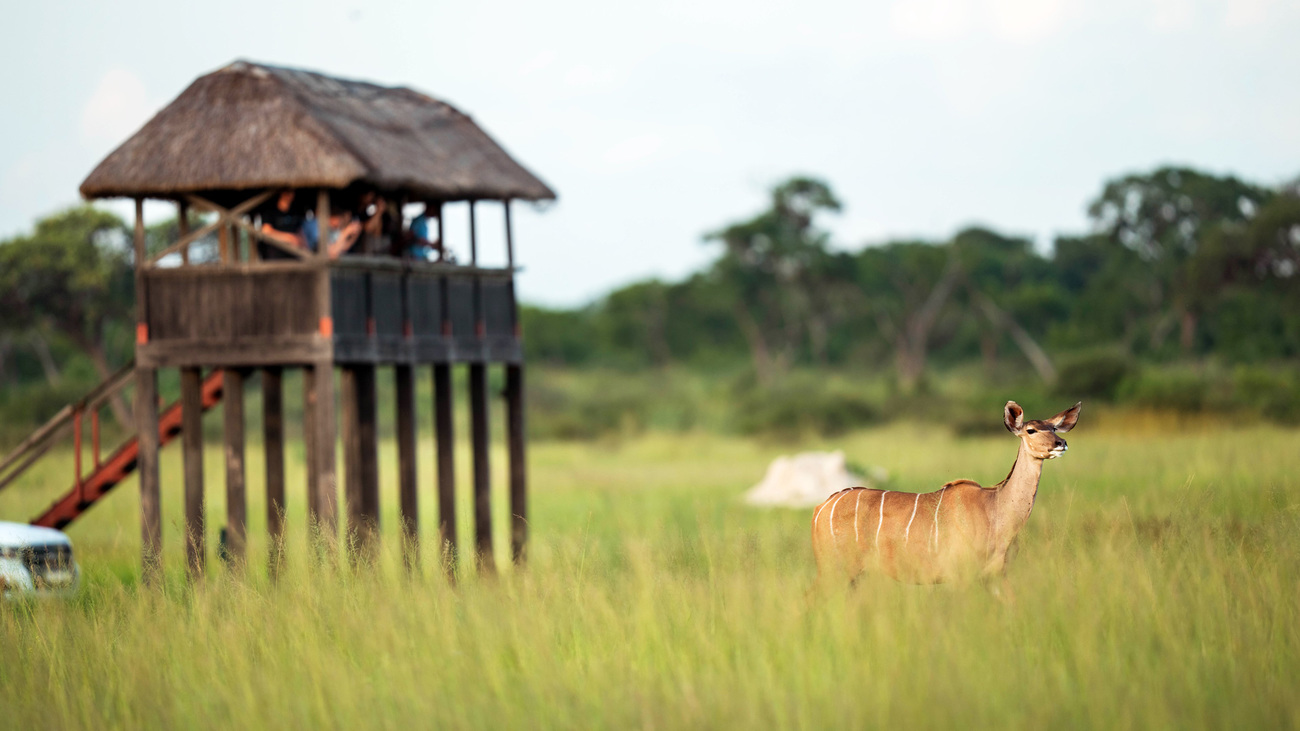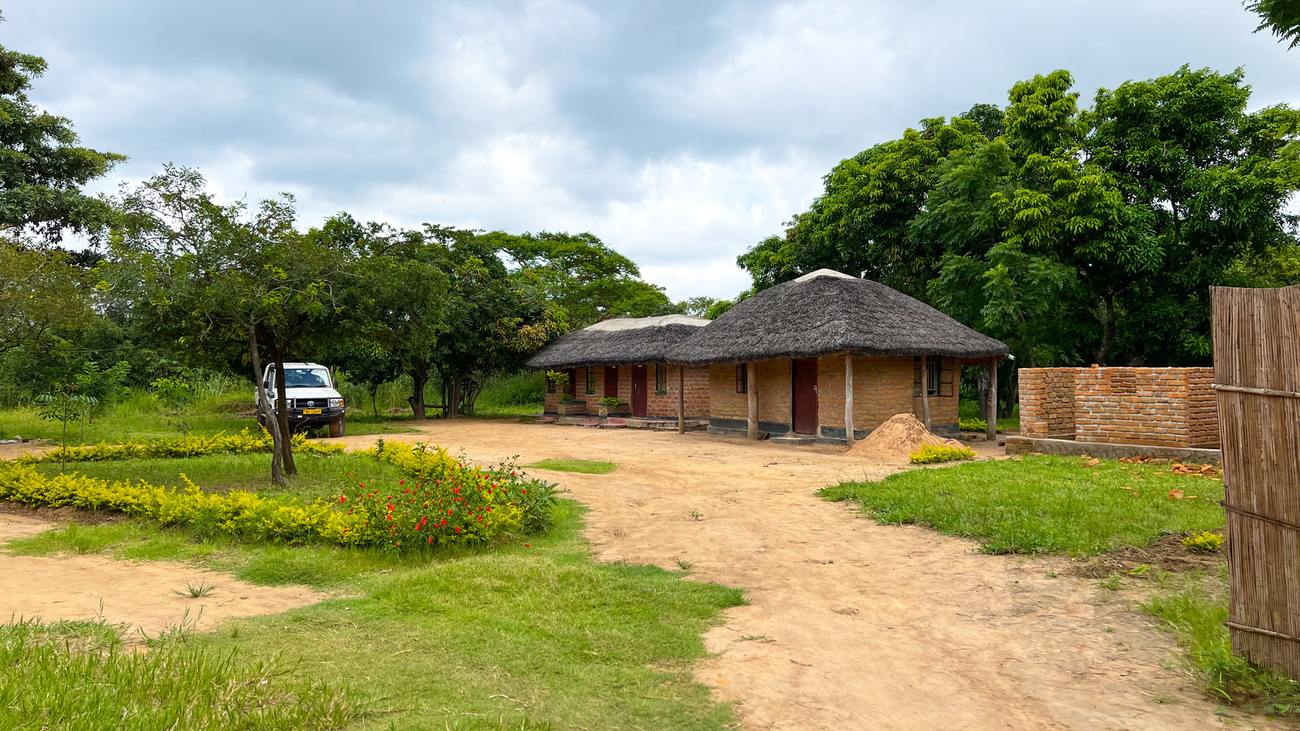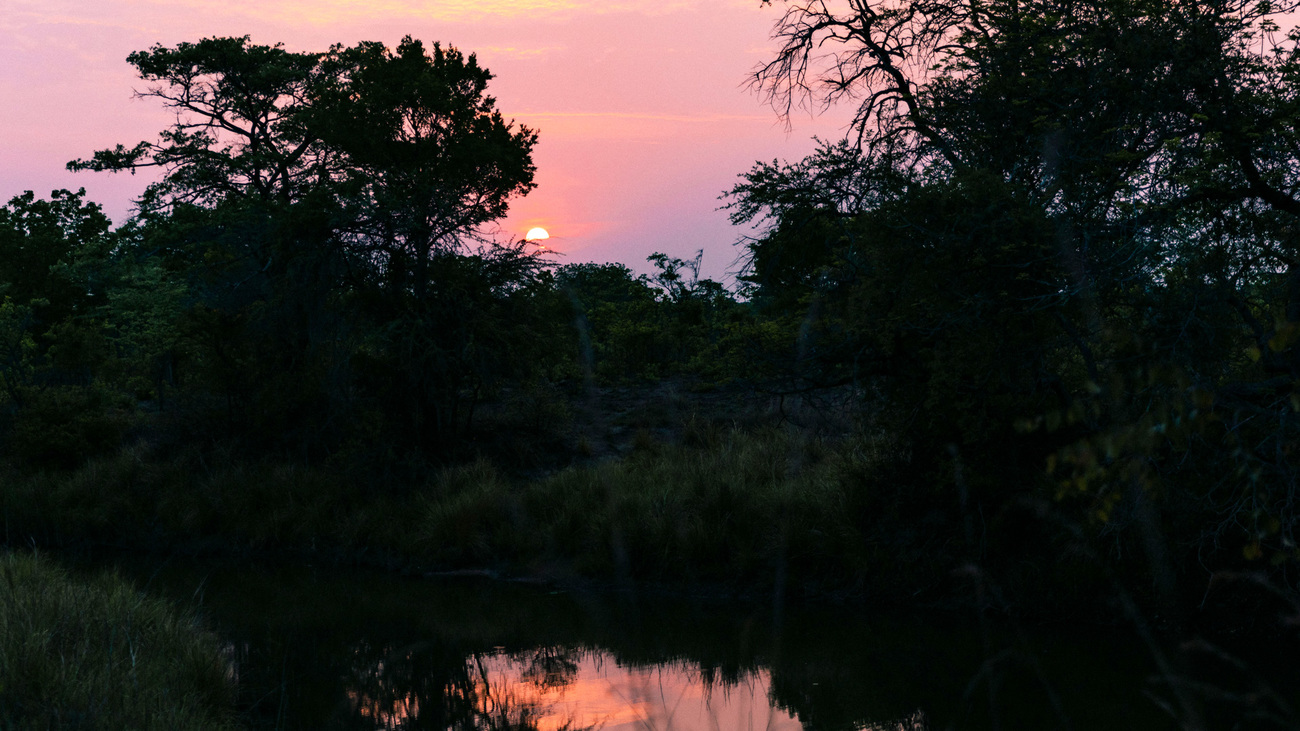Blog
15 animals that recovered from being endangered
Read moreEcotourism: An obvious panacea or a looming conundrum?
By Ian Michler*
I have been working across three spheres of the ecotourism sector for the past 33 years. Principally, I am a co-owner of a safari company, and at times, I accompany guests as a wilderness guide. I am also an inquisitive photographer and journalist covering environmental, conservation, and sustainability issues.

Conventional wisdom deems such participation to be a positive factor in the conservation of the continent’s protected areas and biodiversity. However, I have long pondered these apparent contributions, including thoughts on the shortcomings and drawbacks of what we do. In 2008, I wrote an article titled ‘Is Ecotourism Working?’ and mused as to whether I was part of the solution or merely contributing to the problem. I am not alone: I have colleagues that have similarly deliberated over these issues.
All these years on, for the most part I now accept that I can and should be part of the solution. In the grand scheme, it’s a simple trade-off; if it’s not ecotourism, then expect every other form of economic activity—from agriculture and mining to golf estates and theme parks—to be competing for what’s left of our natural world. However, I have also come to see and understand that poorly defined and badly managed ecotourism is both destructive on the environment and to the integrity of communities, and at its worst, can be cannibalistic, as it ends up devouring the very essence of what it claims to be protecting.
But first, a little history. While learning-based tours were offered in the decades prior, the concept of ‘ecotourism’ has its beginnings in the 1970s after the first global environmental movements expressed concerns over the growing impacts of mass-market tourism. By most accounts, Héctor Ceballos-Lascuráin (Special Advisor on ecotourism to the IUCN) brought the term ‘ecotourist’ into mainstream use in 1983. He used it to explain why low-impact tourism activities were vital for protecting a wetland area from developers in his homeland of Mexico. From the outset, conserving natural habitats was his primary objective, but also front of mind were the potential economic benefits to the region. Ceballos-Lascuráin argued that activities such as birdwatching and hiking would also generate sustainable employment opportunities and have knock-on benefits to the wider local economy, without destroying the environment.
During the 1990s, the concept of sustainability gained traction as decision-makers infused it into every sphere of development, including tourism. In 2002 the responsible travel sector became globally accepted as a specific market when the United Nations proclaimed the International Year of Ecotourism. Since then, its stature has grown, and today, ecotourism’s perceived potential as a solution for our conservation challenges as well as economic growth, particularly in regions like sub-Saharan Africa that lag the global development curve, has seen it being vigorously embraced and endorsed by the sustainable development lobby across most economic and conservation agendas.
So, what started out as a notion of responsible travel is now best described by several principles rather than having a strict definition. It is generally understood that good ecotourism embraces the following:

In essence, if you wrap these attributes in present-day contexts, we now have a multifaceted industry that is seen as a panacea in that it is expected to deliver on a variety of environmental, social, and developmental objectives, while also meeting the expectations of thousands of ecotourists. The International Ecotourism Society states that ‘ecotourism is about uniting conservation, communities, and sustainable travel.’
Broadly speaking, the ecotourism model and its leading protagonists in Africa, which include many of the more well-known safari operators as well as a range of conservation agencies, have had numerous successes:
In all these instances, the protection of wildlife and the restoration of large tracts of wilderness, including once degraded agricultural land, has been central, but with noteworthy additional benefits. Funding requirements have been significantly boosted, and scientific and other research programmes, vital to directing future conservation initiatives, have been instituted, as have ranger training and administrative programmes improving levels of guiding and management. Work and career opportunities have been enhanced in rural communities, and the wider economic benefits have percolated beyond the protected areas. These aspects are particularly important in regions that otherwise have little to no other development. For the most part, a great report card.
However, the ecotourism model faces several serious challenges. Firstly, like much of our global environmental legislation, the concept of ecotourism remains a set of principles and guidelines that are, for the most part, either non-binding or remain open to wide interpretation. So, while some companies and countries have policies that carry out the mandates imbued in the concept, so many don’t, and for these entities, the term remains nothing other than a convenient marketing tool.
The following examples represent the questionable or poor face of ecotourism:
Bear in mind, most of the entities involved in the examples above market under the ecotourism banner, which includes claiming conservation credentials. This duplicity exposes the discrepancies, vagueness, and loopholes in marketing and regulatory frameworks, and until this is changed, rectifying this face will remain problematic.

Lastly, to the numbers game, there is a conundrum that needs to be addressed. It’s the thorniest issue of all and one that represents an awkward mirror at the very least, and quite possibly an existential threat if left unchecked.
Due to the shortcomings already expressed, getting precise data on the size and growth of ecotourism as a sector is extremely difficult. Nevertheless, we do have some idea. According to the World Travel & Tourism Council (WTTC), by 2019, Africa’s travel and tourism industry had grown from US$75 billion in 2000 to US$186 billion by 2019, when there were 84 million international travellers (since COVID-19, the sector is again approaching these levels).
Looking ahead, the WTTC forecasts growth of at least 6.5% per annum over the next decade and suggest in a best-case scenario that tourism’s combined contribution to continental economies could reach over US$300 billion, with close to double the number of travellers a possibility by 2033. If we then match Conservation Magazine’s claim that in sub-Saharan Africa, four of every five international tourists arriving in Africa will visit a wildlife destination, we start to get an idea of the astronomical numbers.
For the politicians, economists, and accountants, this data clearly speaks to ecotourism as a golden goose for investment, growth, and profit. However, to the environmentalists, there must be concerns. How many more people and vehicles can Africa’s protected areas take? How many more lodges, hotels, and airports, along with the infrastructure footprints, are required to accommodate these people before ecological degradation sets in? Has the erosion already begun?
It remains extremely difficult to measure benefits and negative consequences of ecotourism objectively. This allows everyone to continue operating within the grey areas of conflation and confusion, without consideration or consequence. In addition, operating leases and permits are at the discretion of governments, which means safari operators and researchers are often constrained into not speaking out over bad practices or poor management for fear of being expelled or having licences withdrawn.
If the goal for successful ecotourism is to be truly sustainable, the purveyors and scorekeepers need to understand and accept that the environment, its principal asset, operates within scientific and ecological constraints. Wilderness cannot be treated as an infinite or renewable resource. The industry urgently needs a visionary and united management process, one that accepts the ecological limits while balancing the demands of all stakeholders. Under the current paradigm and trends, ecotourism in the more popular destinations will not be ecologically or experientially sustainable.
Given these concerns, there is an added responsibility on prospective ecotourists looking at Africa. You need to be discerning and selective when choosing your agent and operator, and do so after due research and consideration, including asking serious questions about their credentials. And while travelling, if there is anything that concerns you, please speak up.
* Ian Michler, a graduate of the Sustainability Institute, Stellenbosch University, has spent over 33 years working across Africa as a tourism operator, environmental photojournalist and author, wilderness guide, and ecotourism consultant. He has published nine books and currently lives in South Africa, where he is a Director of Invent Africa (www.inventafrica.com).
Our work can’t get done without you. Please give what you can to help animals thrive.
Unfortunately, the browser you use is outdated and does not allow you to display the site correctly. Please install any of the modern browsers, for example:
Google Chrome Firefox Safari